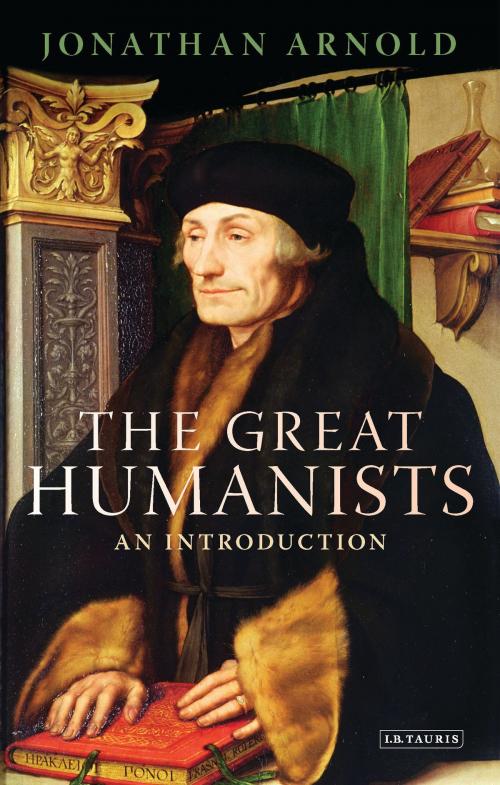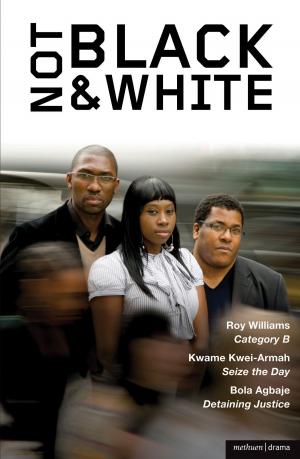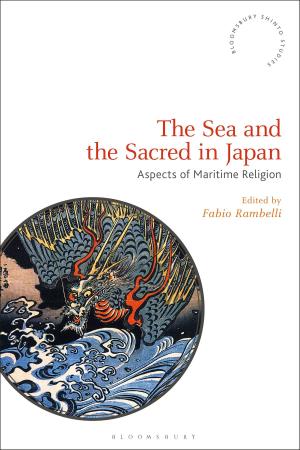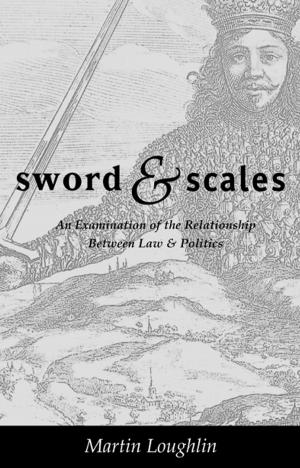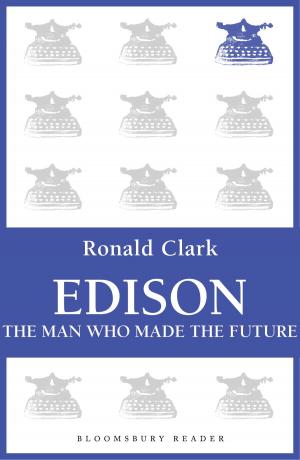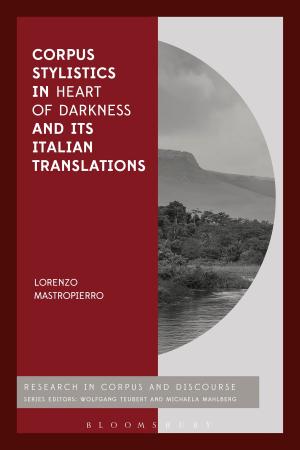The Great Humanists
An Introduction
Nonfiction, Religion & Spirituality, Philosophy, Religious, History| Author: | Jonathan Arnold | ISBN: | 9780857732231 |
| Publisher: | Bloomsbury Publishing | Publication: | November 30, 2011 |
| Imprint: | I.B. Tauris | Language: | English |
| Author: | Jonathan Arnold |
| ISBN: | 9780857732231 |
| Publisher: | Bloomsbury Publishing |
| Publication: | November 30, 2011 |
| Imprint: | I.B. Tauris |
| Language: | English |
Born out of a love of language, text, classical learning, art, philosophy and philology, the Christian Humanist project lasted beyond the turmoil of sixteenth-century Europe to survive in a new form in post-Reformation thought. Jonathan Arnold here explores the finest intellects of late-Renaissance Europe, providing an essential guide to the most important scholars, priests, theologians and philosophers of the period, now collectively known as the Christian Humanists. The Great Humanists provides an invaluable context to the philosophical, political and spiritual state of Europe on the eve of the Reformation through inter-related biographical sketches of Erasmus, Thomas More, Marsilio Ficino, Petrarch, Johann Reuchlin, Jacques Lefèvre d'Étaples and many others. The legacy of these thinkers is still relevant and widely-studied today, and this book will make invaluable reading for scholars and students of philosophy and early-modern European history.
Born out of a love of language, text, classical learning, art, philosophy and philology, the Christian Humanist project lasted beyond the turmoil of sixteenth-century Europe to survive in a new form in post-Reformation thought. Jonathan Arnold here explores the finest intellects of late-Renaissance Europe, providing an essential guide to the most important scholars, priests, theologians and philosophers of the period, now collectively known as the Christian Humanists. The Great Humanists provides an invaluable context to the philosophical, political and spiritual state of Europe on the eve of the Reformation through inter-related biographical sketches of Erasmus, Thomas More, Marsilio Ficino, Petrarch, Johann Reuchlin, Jacques Lefèvre d'Étaples and many others. The legacy of these thinkers is still relevant and widely-studied today, and this book will make invaluable reading for scholars and students of philosophy and early-modern European history.
